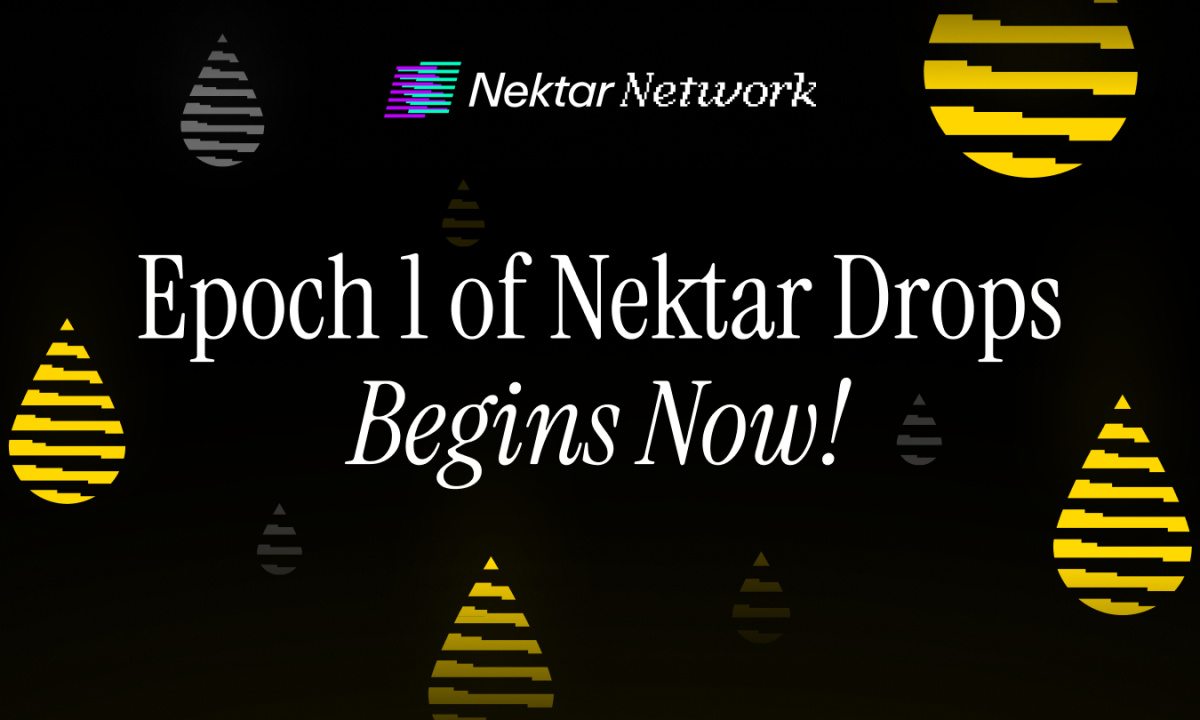Despite CBN Ban, Bitcoin P2P Transactions Grow 16% in Nigeria
Last year, the Central Bank of Nigeria (CBN) banned banks from facilitating cryptocurrency transactions, citing protection of the economy and investors.
While many believe the ban will hamper the growth of cryptocurrency trading, data shows that Nigerians have circumvented the ban with peer-to-peer (P2P) transactions, a 16% increase in one year.
An overview of Nigeria’s P2P bitcoin trading volume in African countries on crypto platforms like Paxful and Localbitcoins shows that its trading volume is around $400 million.
Second in the ranking is Kenya with $160 million and third place goes to South Africa with $117 million.
A closer look at the data will reveal that the market is relatively calm at the moment, likely due to the broader crypto market meltdown that has caused the value of digital assets to plummet to new lows.
P2P crypto platforms are becoming increasingly popular in Africa as they allow crypto enthusiasts to trade directly with each other without a central authority.
Bitcoin and other cryptocurrencies have gained prominence in African countries largely due to the fall in value of their national currencies coupled with the slowdown in economies caused by the Covid-19 pandemic.
Crypto adoption by Nigerians has grown by more than 20% in 2021, making it the country with a higher crypto adoption rate than Malaysia, Australia and even the United States.
Nigerian CBN government launches CBDC
After realizing that the ban would not prevent citizens from conducting cryptocurrency transactions, the Nigerian government launched the Central Bank’s digital currency (CBDC) project, e-Naira, in late October last year.
This makes Nigeria one of the first countries to introduce a national digital currency. The Naira e-wallet reached over 500,000 within the first three weeks of its launch and after that, the authorities announced that the transaction volume was impressive.
However, e-Naira users have reported some technical glitches that many believe will be fixed as adoption rates increase.
Join CoinCu Telegram to keep track of news: https://t.me/coincunews
Follow CoinCu Youtube Channel | Follow CoinCu Facebook page















